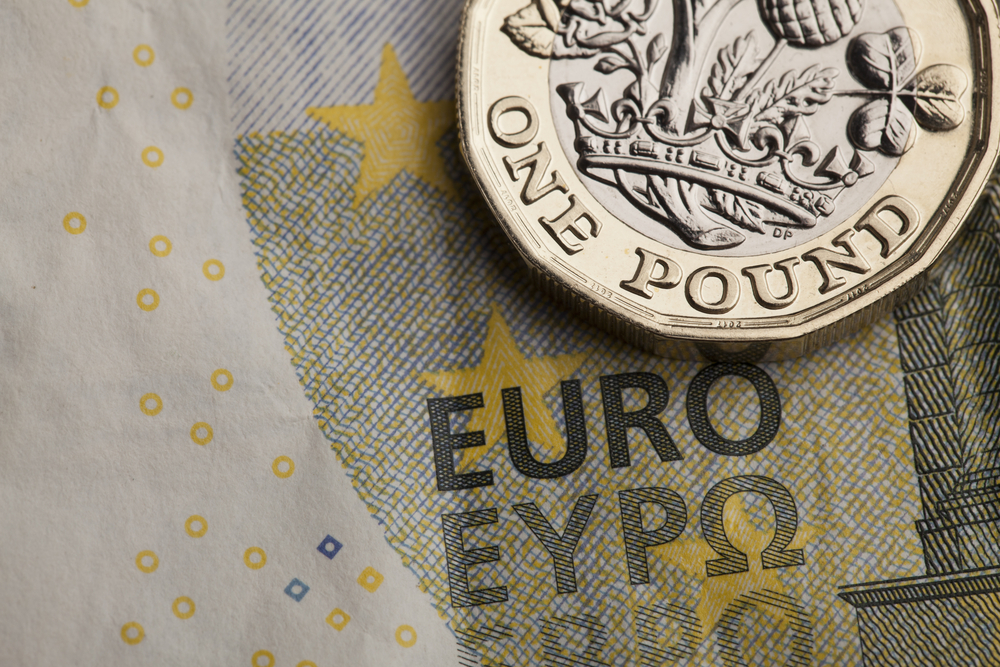Sterling experienced deteriorated sentiment following the Bank of England’s rate increase as recession warnings limited confidence in the currency and economic outlook.
The GBP-USD (pound to the dollar) exchange rate declined to under 1.2070 before reviving to 1.2150 as the dollar weakened in international markets. Also, the GBP-EUR exchange rate slumped swiftly to one-week lows of 1.1850 before recovering to 1.1875.
BOE Interest Rate Debate Continues
The Bank of England surged interest rates by 50bp to 1.75% following an 8 to 1 vote. Contrarily to the somewhat hawkish move, the central bank exhibited a downbeat, undermining confidence. For now, inflation projects to peak near 13.3%, whereas GDP seems ready to contract later in 2022.
BDSwiss Group’s Marshall Gittler stated that the BOE confirmed that what you say, not what you do, can impact the market. Meanwhile, Danske Bank has increased its rate prediction.
It highlighted adjusting its BOE call, expecting another 50 basis point increase in September and a 25bp hike come November. It believes the Bank of England might not be ready to quit hiking despite the increasing recession risks.
Danske added that it doesn’t expect hikes past the November meeting, and the market could resort to rate cuts next year when the United Kingdom (fully) dips into recession. That way, the EUR-GBP might move briefly higher in the near term, targeting 0.86 (1.16 for GBP-EUR).
Commerzbank expects more hikes. It stated that the bank rate at 1.75% isn’t at the ‘neutral level’ where the economy doesn’t need boosting or damping.
Commerzbank expects more rate increases to 2.75% come early next year. However, it expects a slow increase rate. It trusts that the latest stiff tightening amidst a weaker economy might mean another minor 25bp step during September’s meeting.
Rabobank revealed massive dilemmas for the central bank. It believes it’s surprising that the bank increases the rate hike pace amidst looming recession within weak recovery plus an unemployment surge.
It stated that such a move means BOE would risk a softer labor market and recession to return inflation to 2%, even with most inflation originating from global markets.
You can share this article.
